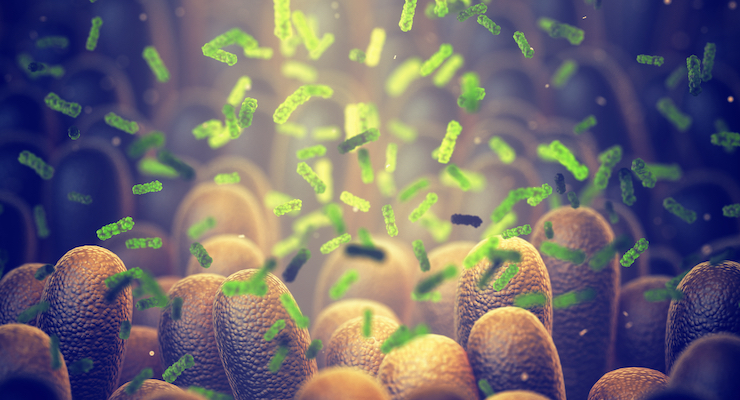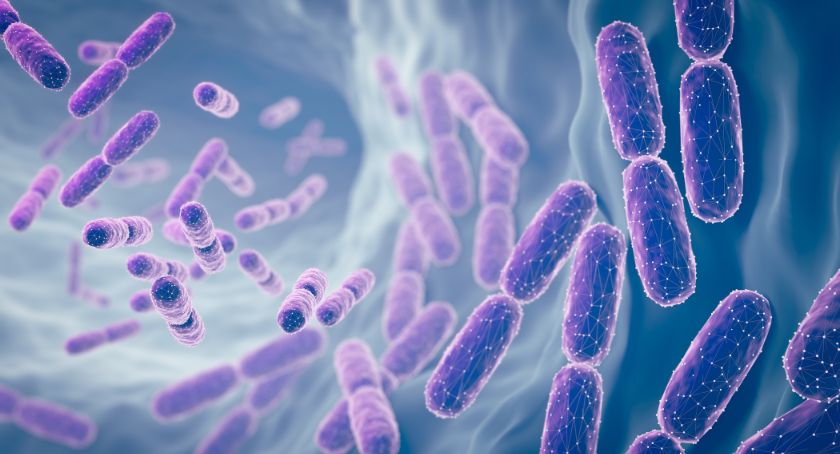Market Updates, Research
In Vitro Study Evidences Role of Gut Bacteria in Mood and Sleep
Metabolic pathways in the gut are well-established to be important in the production of neurotransmitters.

By: Mike Montemarano

A recent trial published in the journal Scientific Reports substantiated that the gut microbiome plays a vital role in the synthesis of two neurotransmitters which are important in the regulation of mood and sleep: serotonin and tryptophan, signifying that mood and sleep can be clear targets for probiotics to benefit.
The in vitro trial involved administering a powerful cocktail of antibiotics to mice for four weeks, which depleted them of intestinal microorganisms. Then, they compared the intestinal contents between the treated mice and the control mice, both of which were exposed to the same diet. The researchers found that the two mice groups broke food down into different sets of metabolites as a result of the differences in their digestive tract.
“We found more than 200 metabolite differences between mouse groups,” Masashi Yanagisawa, an author of the study, said. “About 60 normal metabolites were missing in the microbiota-depleted mice, and the others differed in the amount, some more and some less than in the control mice.”
In terms of the differences seen in the function based on the profile of metabolites across the control and treatment groups, they found that the biological pathways most affected by the antibiotic treatment were those involved in making neurotransmitters.
The tryptophan-serotonin pathway was almost “totally shut down,” the authors wrote. While the microbiota-depleted mice had more tryptophan than controls, they had almost zero serotonin, showing that the mice could not synthesize serotonin from the tryptophan they were eating. The depleted mice were also deficient in vitamin B6 metabolites, which accelerate the production of serotonin and dopamine.
Mice which were depleted of their microbiota also had significantly more REM and non-REM sleep at night, and less non-REM sleep during the day – mice are nocturnal, so these sleeping patterns are not indicative of healthy sleeping behavior. They had higher REM sleep episodes both during the day and at night, showing that they switched between sleep/wake stages more frequently than the control group.
The authors of the study wrote that it was suspected that the serotonin depletion was tied to the sleep abnormalities, however, the exact mechanism of action was not worked out.
“We found that microbe depletion eliminated serotonin in the gut, and we know that serotonin levels in the brain can affect sleep/wake cycles,” Yanagisawa said. “Thus, changing which microbes are in the gut by altering diet has the potential to help those who have trouble sleeping.”




















